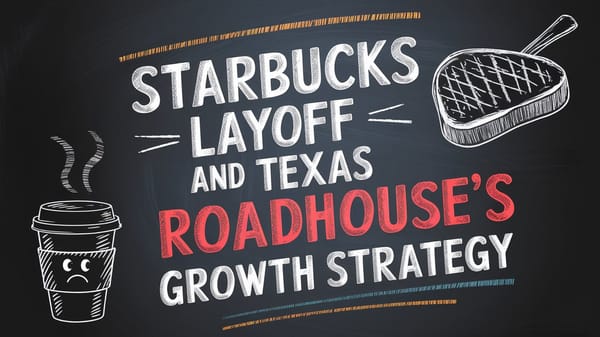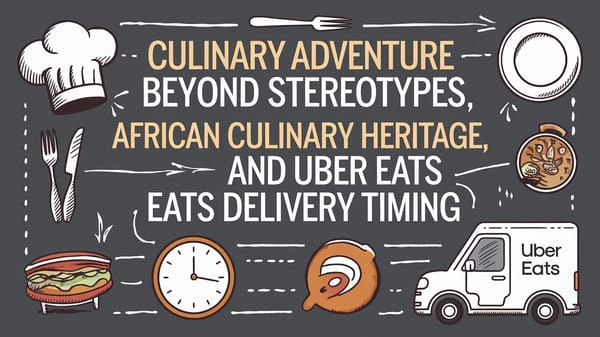How to Improve Your Restaurant's Google and Yelp Ratings

Running a restaurant is no small feat, and managing online reviews on platforms like Google and Yelp can feel like an additional hurdle. Many restaurant owners find themselves in a similar situation: striving to maintain a high rating but feeling weighed down by a few negative reviews that seem to disproportionately affect their overall score. Here’s how you can navigate this landscape and improve your ratings effectively.
1. Focus on What You Can Control: Quality and Consistency
The best way to ensure positive reviews is by delivering a consistently great experience. High-quality food, excellent service, and a clean, welcoming environment are the foundations of good customer feedback. If you consistently meet these standards, your satisfied customers are more likely to leave positive reviews without being asked.
2. Don’t Let Negative Reviews Overwhelm You
Negative reviews are inevitable. Some customers may leave a one-star review over things beyond your control, like pricing or wait times. It's essential to accept that not everyone can be pleased. Instead of dwelling on these reviews, focus on recognizing patterns. If you notice recurring feedback, it may be worth investigating whether there’s a real issue to address.
3. Respond to Reviews with Grace
A thoughtful response to both positive and negative reviews shows that you value customer feedback. When addressing negative reviews, keep it professional. Acknowledge their concerns, apologize if necessary, and offer a solution or invite them to discuss the matter further offline. This approach can sometimes turn a negative experience into a positive one and shows other potential customers that you care.
4. Don’t Obsess Over Ratings
While high ratings on Google and Yelp can attract new customers, they aren’t everything. Some restaurant owners find that their regular customers don’t even use these platforms. If your guest count is stable or increasing, your business is likely doing well regardless of what the ratings say. Focus on maintaining your regular customer base, as these are the people who keep your business thriving.
5. Avoid Paying for Reviews or Ads
Many business owners have shared frustrations about the pressure to pay for ads on Yelp or other platforms to manage their ratings. It’s important to remember that genuine, organic reviews hold more weight with potential customers than those that might seem incentivized. Instead of spending money on ads, invest in your product and customer experience.
6. Address the Noise, But Don’t Get Stuck in It
It’s easy to get caught up in trying to please every reviewer, especially the vocal few with extreme opinions. However, focusing on the majority of your customers—especially your regulars—will likely yield better results. If you receive outlandish requests or complaints, handle them with a polite response and move on. Not every suggestion needs to be implemented, especially if it doesn’t align with your restaurant’s concept.
7. Keep an Eye on Trends
While you shouldn’t obsess over every single review, it’s still important to keep an eye on trends. If you notice a sudden drop in guest count or repeated mentions of the same issue in reviews, it’s time to dig deeper. External factors like construction or a new competitor can also impact your business, so consider these when evaluating the cause of any downturns.
Conclusion
Improving your restaurant’s Google and Yelp ratings is about striking a balance between managing your online presence and staying true to what makes your business great. Focus on delivering consistent quality, responding to feedback with professionalism, and keeping your energy on your loyal customer base. Remember, you can’t please everyone, but by prioritizing what you can control, your ratings will naturally reflect the care and effort you put into your restaurant.




